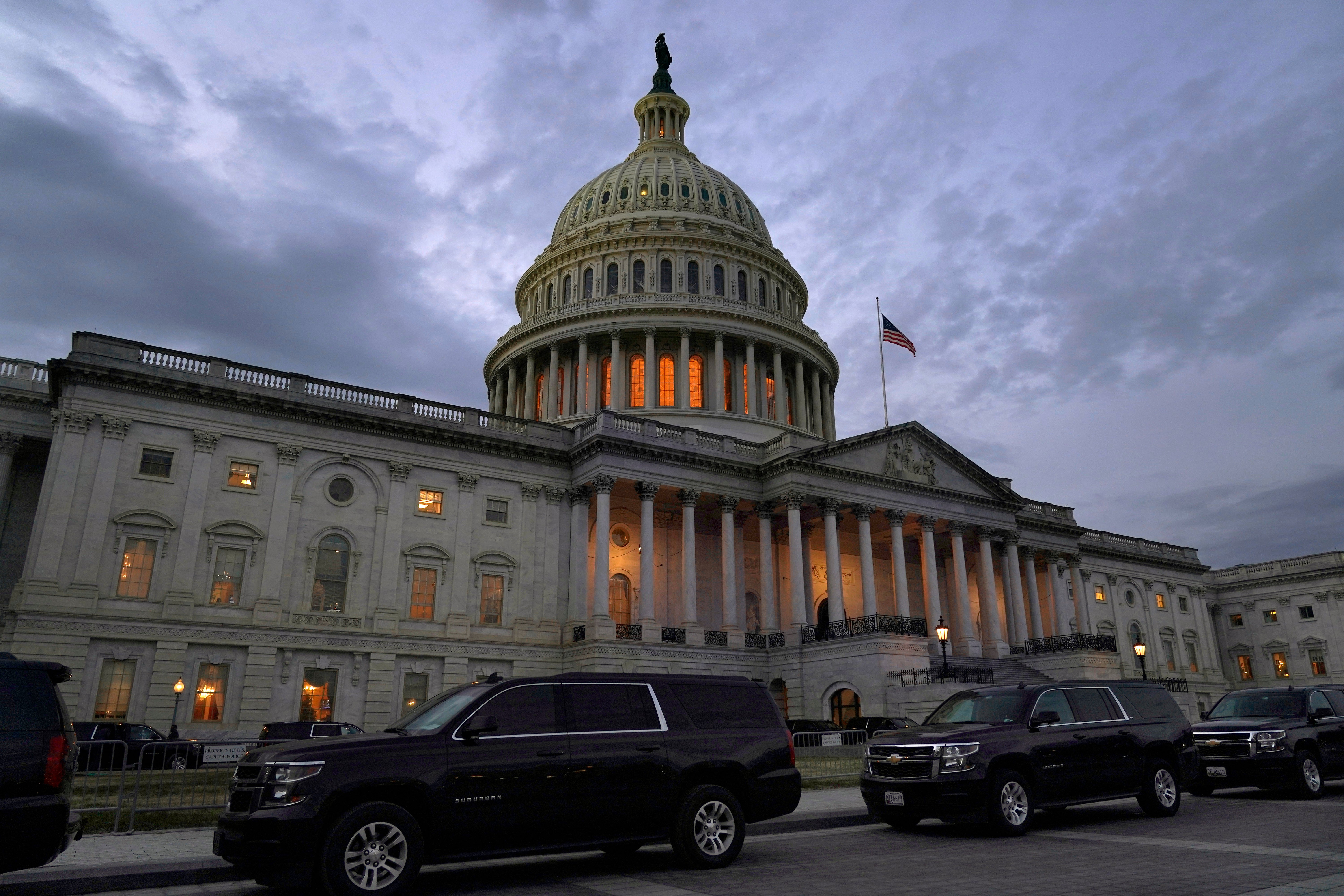Will Congress block Biden’s path to the White House?
Sean O'Grady considers how Congress is going to approve the new president – and whether anyone could stand in his way


By rights, the joint session, or convention, of both houses of Congress mandated by the constitution to ratify the election of a president and vice president should be a routine if not jolly affair, like a school speech day. Usually it has been; but this time round a so-called “sedition caucus” comprised of Republican Trumpite members of the House of Representatives and Senate is dedicated to overturning the result, or, in their terms, defending democracy from a rigged election. Senator Ted Cruz (Texas) is probably the most high-profile figure in the group, along with Senator Josh Hawkey (Missouri). Both may have an eye on gaining support from the Trumpite “base” to be contenders in the 2024 contest.
The joint session promises, therefore, to be acrimonious, but talk of a coup seems overcooked.
The joint session will presided over by the president of the Senate, ex-officio Vice President Mike Pence. He will open the various state submissions, lawfully certified. There will then be unusually vigorous challenges and objections to some of the state results, such as those of Georgia and Wisconsin, and of the election as a whole. The claims about voting machines, postal ballots and interference will be familiar.
Under such circumstances each house will then retire to debate the arguments. Pence has sympathetically indicated that they have the right and duty to do so, though he cannot ultimately overrule the eventual ratification of the electoral college result. At the end of that they will then each decide whether to bin the votes submitted by some or all states.
In that case the electoral college would be unable to register its votes and would become inoperable, at the point where no candidate can command the required absolute majority with 270 votes or more. Then a special procedure would be deployed whereby the house would elect the president on a state-by-state caucus basis; and the Senate would elect the vice president. That would probably turn out to be a Trump-Pence victory and second term for them.
Could it happen? According to the constitution:
“…unless the two houses, acting separately, shall concurrently decide such votes not to be the lawful votes of the legally appointed electors of such state. But if the two houses shall disagree in respect of the counting of such votes then, and in that case, the votes of the electors whose appointment shall have been certified by the executive of the state, under the deal thereof, shall be counted.”
In other words, both houses would need to set aside the November election result and the various legal cases unsuccessfully presented to the courts since, which, given firm Democrat control of the house, is impossible.
The upshot, eventually, will be that Vice President Pence will conclude proceedings and preside over his own formal defeat and that of Donald Trump. It will not endear him to President Trump anyway, but Pence’s language and demeanour will be fascinating to observe in a bad-tempered gathering. It’s democracy at work.
Join our commenting forum
Join thought-provoking conversations, follow other Independent readers and see their replies
Comments
Bookmark popover
Removed from bookmarks